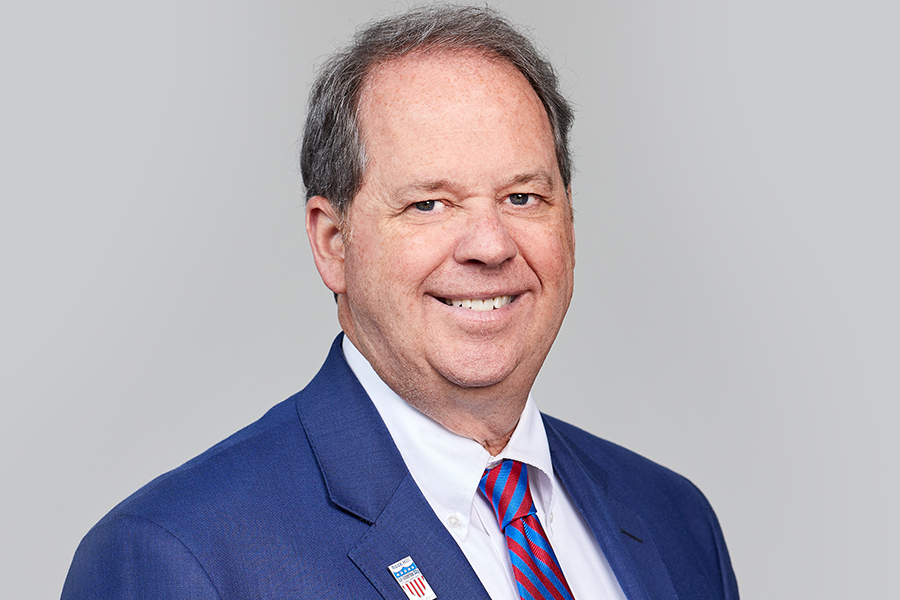News
Q&A: How South Carolina Probate works
By John P. Gettys Jr.
Not having a Will does not mean the State of South Carolina is going to take your property after you die, but it can cause complications when your family is administering your estate.
Your assets, by law, will pass to your family even if you don’t have a Will. However, writing a Will usually makes the probate process easier and less expensive for your family.
Will or no Will, most estates will need to be administered through the South Carolina Probate Court. What does that process look like? Here are questions we commonly answer for our clients. There are exceptions to everything and this article is intended as a general framework.
1. What do I need to do after my spouse, parent, child, sibling or other loved one passes away?
After you receive the death certificate, call the Probate Court in the county where your loved one lived and make an appointment to open the estate. South Carolina has top-notch Probate Court Judges with professional staff to help throughout this difficult time. You can contact the South Carolina Probate Judge for your county here.
2. What do I need to take to my appointment?
An original death certificate, an original Will (if there is one), and names and addresses of all family members–even those not named in the Will.
3. What will happen at my probate appointment?
You will meet privately with a Probate Clerk who has more than likely helped hundreds, if not thousands, of families. Listen carefully to what the clerk says and take notes. The clerk will help prepare a petition that officially opens the estate, assist with publishing a newspaper notice to potential creditors, and give you notices to be delivered to family members. The clerk also will explain the Inventory and Appraisement and discuss your need to see a lawyer to transfer title to real estate.
4. Is it really this easy?
It can be this easy. Of course there are always exceptions. Not having a Will can be one of these exceptions. The estate administration process can also be complicated due to family conflicts, heirs under the age of 18, heirs having tax problems or judgments against them, or a decedent who had mental health issues or was receiving Medicaid.
5. What is the Inventory and Appraisement?
Every Personal Representative (Executor) must file an Inventory and Appraisement with the Probate Court. The Inventory is basically a “snapshot” of the decedent’s probate assets at the time of death. The Inventory lists all assets and the value of each of those assets on the date of death: bank accounts not jointly owned, real estate, personal property, any investments, and other miscellaneous items. The Personal Representative should give some thought as to the value listed because they can help the beneficiaries reduce tax obligations if they later sell the property. I suggest having an attorney assist with this form.
6. How expensive is Probate?
Some of the potential Court costs associated with administering an estate include publishing the Notice to Creditors in the paper, filing fees, and Probate fees paid to the Court upon filing the Inventory. An estate with a total probate value of $500,000 results in a payment of probate fees of approximately $700. The Court fees are not that expensive – it’s the attorney’s fees and the other costs that are costly if probate becomes complicated.
7. What makes Probate complicated (and expensive)?
If there is no Will, administration expenses are generally higher because an attorney is typically needed to assist with untying knots that result – minor children, children and spouse in general, children from a previous marriage, children who don’t get along, etc. Recognize a pattern? Probating estates can get expensive due to circumstances surrounding other people in the estate, whether or not those people are beneficiaries of the estate.
8. How do I keep Probate inexpensive and easy?
Call an estate planning lawyer and execute a Will. A Will is a fraction of the cost of dealing with unintended consequences mentioned in the answer of question #7. Also, make sure to properly title bank accounts, real estate and other assets to reduce the amount of probate assets in your estate.
9. How do I stay out of Probate?
Discuss estate planning with an attorney. Steps can include creating a Trust, holding ownership of assets in certain manners, and planning to address family dynamics. This costs more than a Will, but may save you and your family money in the long run.
10. How long is Probate?
Generally nine months to a year. A creditor has eight months from the date of publishing the Notice of Creditors to file a claim. After the claims period has expired and any claims have been resolved, you can begin closing the estate.
Beware: In South Carolina, it is illegal to keep a Will from the Court for more than 30 days. Hiding a Will is never a good idea.
In conclusion, please understand that while good estate planning and the use of Trusts can eliminate many hassles of the probate process, nothing can change the Court’s requirements for probating an estate. Only when a decedent’s estate has a total value of less than $25,000 in probate assets, and if no real property is involved, can the family use a process called a small estate.
John P. Gettys Jr. is one of the founding partners of Morton & Gettys Law Firm in Rock Hill, South Carolina. His practice includes probate administration and litigation. You can reach him at 803.366.3388 or john.gettys@mortongettys.com.
Information or interaction on this page should not be construed as establishing a client-attorney relationship or as legal advice. For advice about your specific situation, please consult one of our attorneys.

